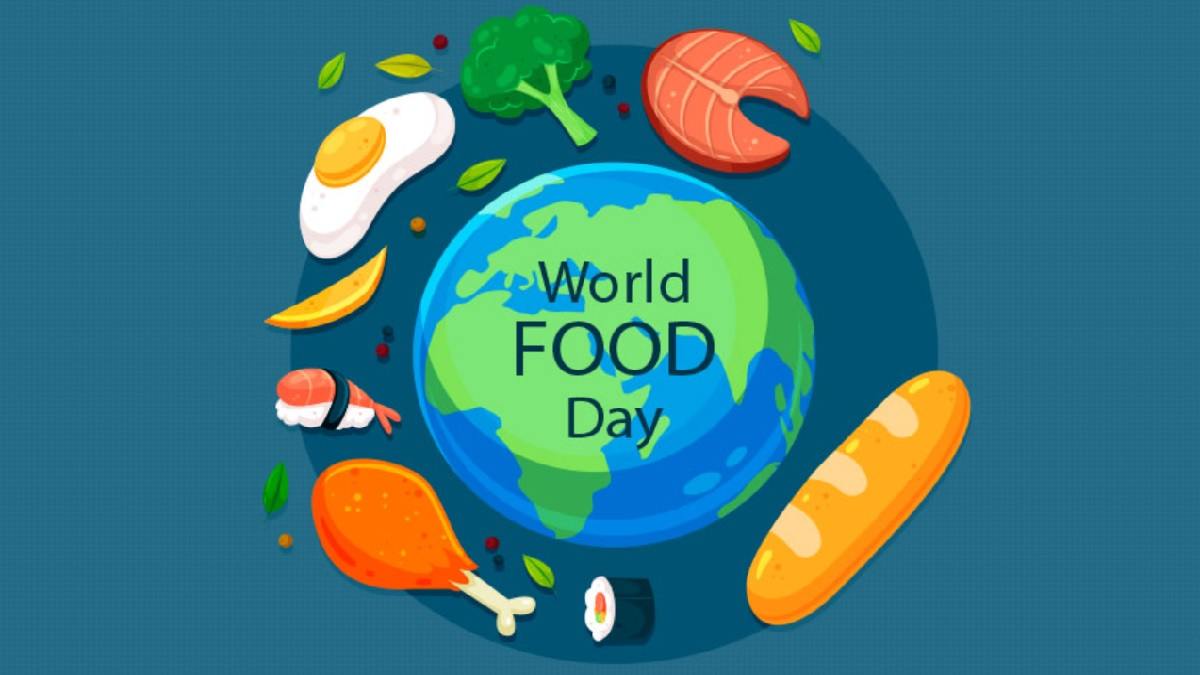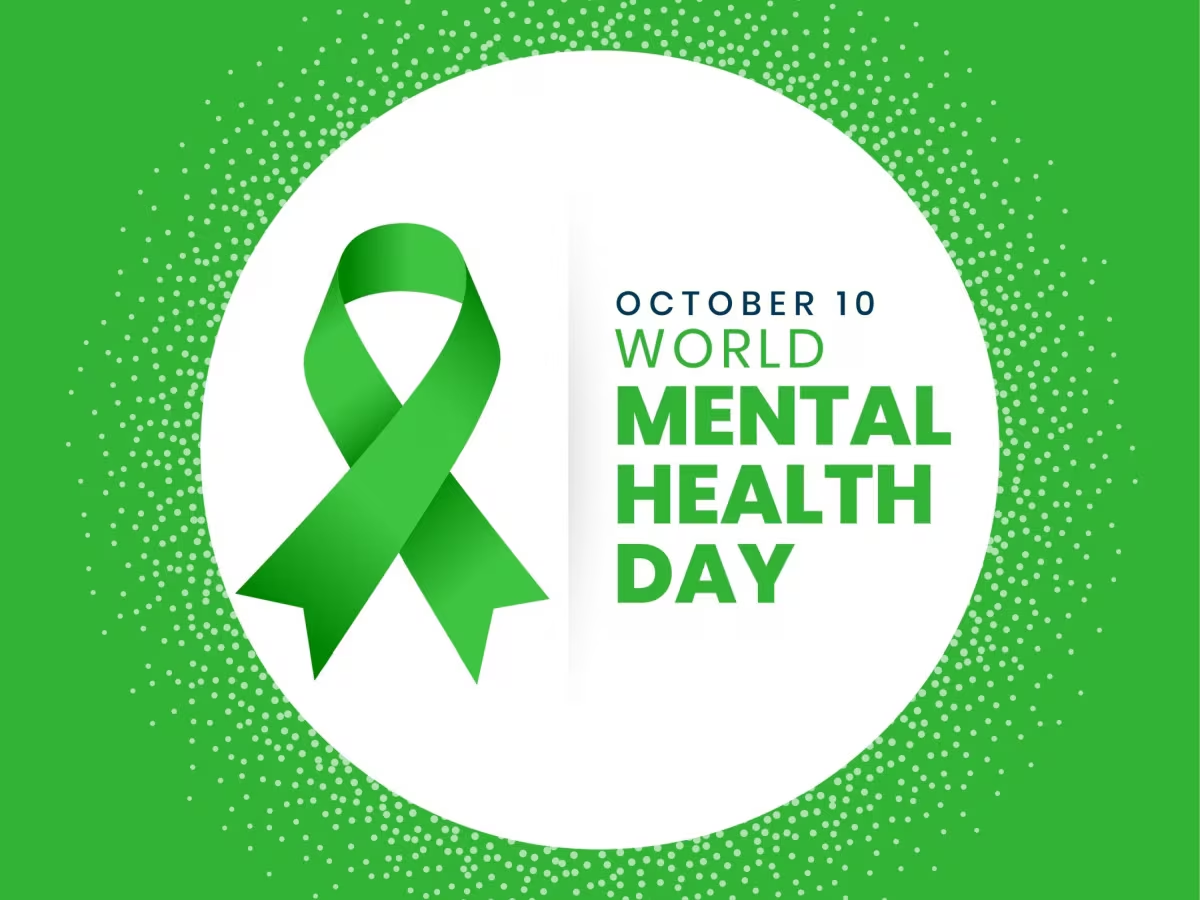India Does Not Have Such Freedom, Jain Magazine, patrika.com
New Delhi: Since the world faced the COVID-19 pandemic, accompanied by global armed conflicts and political instability, the issue of hunger and malnutrition has become even more severe. This situation is not limited to our country but has become a global issue. World Food Day, which is observed annually on October 16, is an occasion for us to reflect on the food security, malnutrition, and hunger issues in our society and nation, and to focus on the efforts made in this direction. However, the report and statistics for this year reveal a harsh reality: the situation of hunger and malnutrition has worsened globally in recent years. Particularly, due to wars and conflicts, the problem of hunger has deepened, affecting millions of people.
Hunger and Malnutrition Situation in India
India, one of the largest economies in the world, also clearly shows the impact of this problem. The Prime Minister’s Garib Kalyan Anna Yojana, which was launched after the COVID-19 pandemic, has tried to reduce malnutrition to some extent by providing free food grains to approximately 81.35 crore people. However, despite these efforts, 733 million people are still struggling with hunger and malnutrition this year. If this situation continues, it is feared that the problem will worsen in the future.
The Impact of Conflicts and Wars
One of the significant reasons for hunger in India is the ongoing conflicts and wars in various parts of the country. From Jammu and Kashmir to the northeastern states, armed conflicts and terrorist activities have impacted the lives of common people. These conflicts have directly affected the supply of food grains, distribution, and daily life routines. The situation has become so severe that many people in these areas have been displaced from their homes, further deteriorating their economic conditions.
The situation is even worse in other conflict-ridden regions of the world. Countries such as Yemen, Syria, Sudan, and Afghanistan have seen millions of people fall victim to starvation due to continuous wars. The ongoing wars and conflicts in these countries have severely disrupted the food supply chains, making it extremely difficult for people to obtain basic food grains.
Conflicts and wars not only create an immediate food crisis but also affect food security for a long time. Wars disrupt agriculture and farming activities entirely, leading to a severe reduction in production. Additionally, these conflicts negatively impact the physical and mental health of the affected people, making their lives even harder.
The Fight Against Hunger and Malnutrition
On World Food Day, the United Nations highlighted in its report that the increasing conflicts and wars have made the problem of malnutrition even more severe. This problem is not limited to war-torn countries; it has affected many developing and developed nations as well. According to the report, 65% of the people suffering from hunger globally in 2023 are from conflict-affected regions.
The World Food Organization (WFO) confirmed that conflicts and political instability have worsened the global food security crisis. According to WFO, when conflicts persist, they impact agricultural productivity, market conditions, and food availability, forcing people to face food crises.
The Impact of COVID-19
When the COVID-19 pandemic gripped the entire world, its effects were not limited to the health sector. The pandemic also severely affected global food supply chains. Millions of people were unable to meet their needs due to lockdowns, travel restrictions, and labor shortages. This situation has exacerbated the problem of hunger and malnutrition. Reports indicate that in 2020 and 2021 alone, the global hunger problem increased by more than 40%, and this situation persists today.
Efforts to Combat Hunger and Malnutrition
While the World Food Organization and various national governments have taken several steps to combat hunger and malnutrition, questions have been raised about the effectiveness of these efforts. In India, under the Prime Minister’s Garib Kalyan Anna Yojana, food grains are being provided to people, but this initiative only offers temporary relief. The number of beneficiaries of this program is huge, and thus improvements in it are needed.
Additionally, many countries have been addressing hunger through food banks and relief efforts. These relief initiatives involve local governments, international organizations, and voluntary organizations. However, to make these efforts more effective, more resources and dedication are required.
Long-Term Solutions
To solve hunger and malnutrition, temporary relief measures are not enough; long-term plans are necessary. Among the most important long-term measures are improving the agricultural sector and strengthening the food security system. Providing more support and resources to farmers, increasing food production, and making food supply chains more efficient can help solve the problems of hunger and malnutrition.
Moreover, education and awareness campaigns are also crucial. People need to be educated about the importance of a balanced diet and nutritious food for their health. Furthermore, governments need to work on strengthening their food distribution systems to ensure the proper supply of food grains.
Conclusion
The crisis of hunger and malnutrition is not just an issue for poor and developing countries, but it has become a serious problem affecting the entire world. Conflicts, wars, and natural disasters have deepened this problem. If this issue is to be resolved, it will require global unity. International organizations, national governments, and local communities must collaborate to eradicate hunger and malnutrition and move towards a healthier, prosperous, and balanced society.
This World Food Day reminds us that if we want to succeed in the fight against hunger, we must accelerate our efforts. Only in this way can we succeed in ending the problem of hunger and malnutrition in the world.
























0 Comments